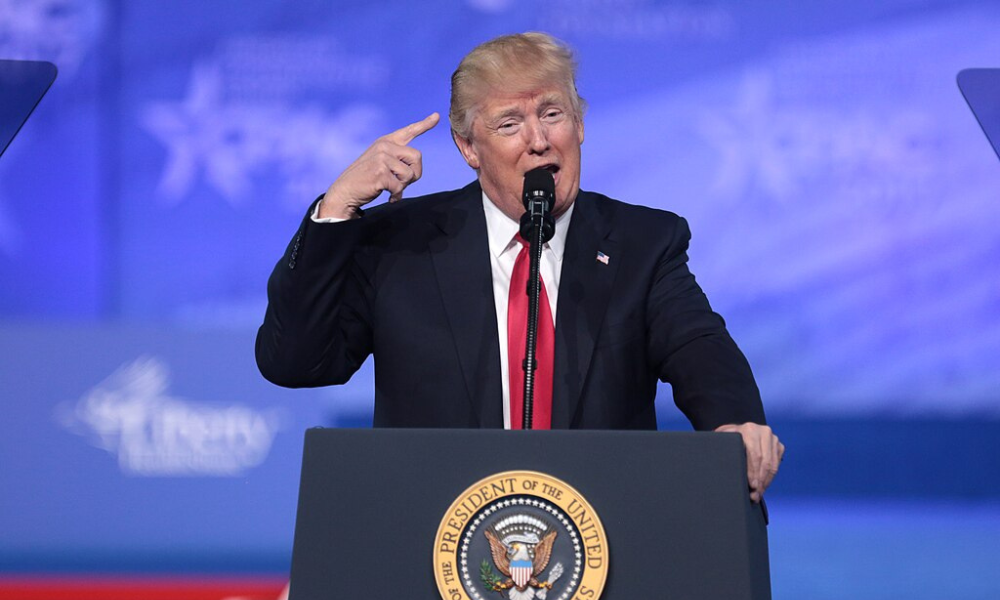As protectionism grows in the US, Canadian Trade Minister Cathy Freeland sees the odds of a lumber trade deal shrinking
Protectionist sentiments have been causing trade tensions worldwide, and an as-yet-unresolved softwood lumber dispute between Canada and the US may be the latest case.
Citing an on-the-sidelines interview with Canadian Trade Minister Cathy Freeland at the G-20 summit in Hangzhou, Bloomberg reports that she sees a chance of the two sides not reaching a deal before a deadline in October, which would mean higher US tariffs.
Freeland reportedly spoke with US Trade Representative Mike Froman on the issue, and plans to meet with him again sometime within the next two weeks.
“There is no guarantee we are going to get to a deal that works for both sides,” she said, explaining that reaching an agreement “is harder in this protectionist, anti-trade climate”.
The previous deal – which specified export quotas for Canadian producers – expired in October 2015, setting off a one-year standstill that includes a tariff freeze. US industry players have protested Canada’s “stumpage” prices for standing timber, which they say constitute an unfair subsidy that effectively leads to an undercutting of the US market.
Recent protectionist grumblings have done nothing to help matters. “We’ve heard here at this G-20 a lot of talk -- and I think it’s right that we’re talking about it -- about the protectionist sentiment which is really sweeping the world,” Freeland said. “I think we need to be worried about it.”
If the deadline on the lumber trade deal elapses without a resolution, the resulting higher US tariffs could hurt exports by Canadian producers.
Freeland also noted at a separate briefing that increasing resistance to trade is also complicating efforts to conclude a free-trade agreement between Canada and the EU.
Related stories:
CETA faces scattered opposition in the EU
Emerging markets see shrinking trade
Citing an on-the-sidelines interview with Canadian Trade Minister Cathy Freeland at the G-20 summit in Hangzhou, Bloomberg reports that she sees a chance of the two sides not reaching a deal before a deadline in October, which would mean higher US tariffs.
Freeland reportedly spoke with US Trade Representative Mike Froman on the issue, and plans to meet with him again sometime within the next two weeks.
“There is no guarantee we are going to get to a deal that works for both sides,” she said, explaining that reaching an agreement “is harder in this protectionist, anti-trade climate”.
The previous deal – which specified export quotas for Canadian producers – expired in October 2015, setting off a one-year standstill that includes a tariff freeze. US industry players have protested Canada’s “stumpage” prices for standing timber, which they say constitute an unfair subsidy that effectively leads to an undercutting of the US market.
Recent protectionist grumblings have done nothing to help matters. “We’ve heard here at this G-20 a lot of talk -- and I think it’s right that we’re talking about it -- about the protectionist sentiment which is really sweeping the world,” Freeland said. “I think we need to be worried about it.”
If the deadline on the lumber trade deal elapses without a resolution, the resulting higher US tariffs could hurt exports by Canadian producers.
Freeland also noted at a separate briefing that increasing resistance to trade is also complicating efforts to conclude a free-trade agreement between Canada and the EU.
Related stories:
CETA faces scattered opposition in the EU
Emerging markets see shrinking trade



